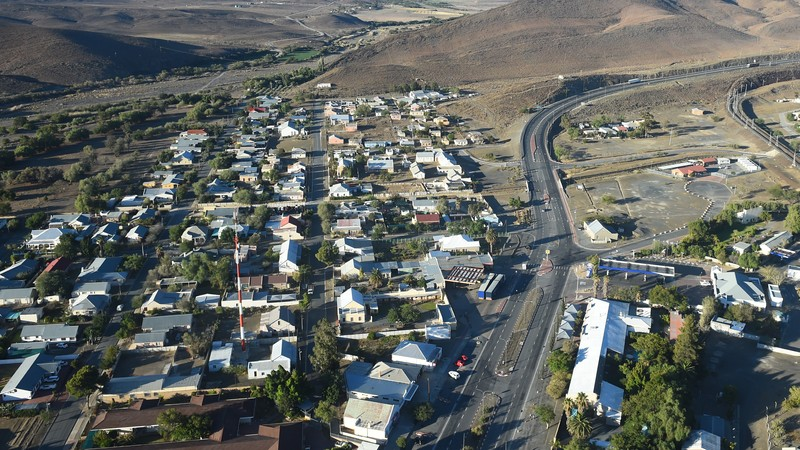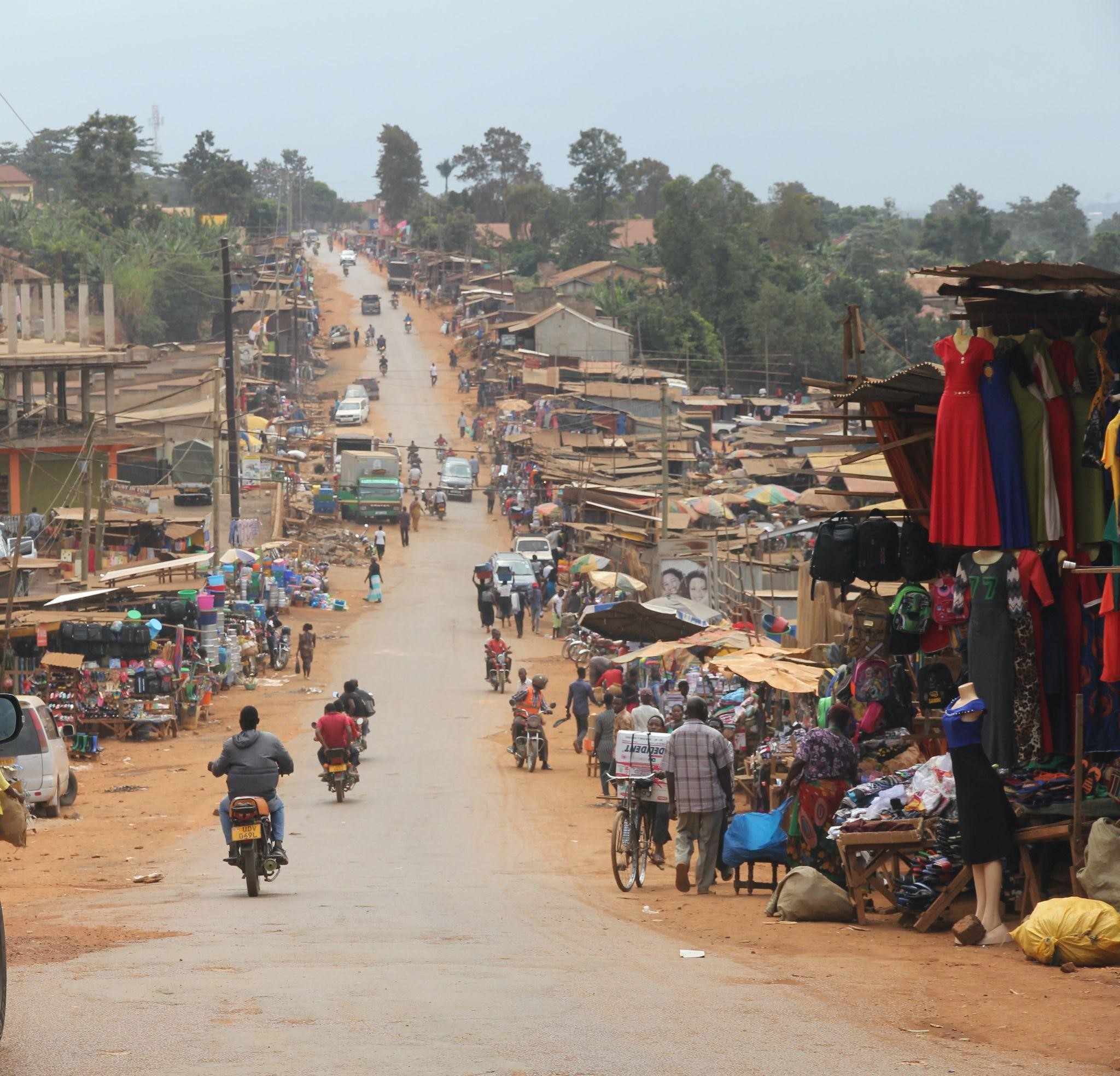Africa’s rapid urbanization has created an unprecedented demand for affordable housing, with an estimated 4.5 million new residents entering informal settlements each year. As the continent’s cities grow at an annual rate of 3.5%, policy makers, investors, and practitioners are faced with the challenge of providing decent and affordable access to housing for millions of families, particularly those at the bottom of the pyramid. This article explores the emerging trends and innovative solutions that are shaping Africa’s urban future, focusing on the role of startups, mortgage markets, and government initiatives in addressing the affordable housing crisis.
The Rise of ShelterTech Startups
Startups are emerging as game-changers in the affordable housing sector, delivering innovative solutions that increase access to housing for underserved communities. Organizations like Habitat for Humanity’s Terwilliger Center for Innovation in Shelter are working with startups to develop sustainable and scalable housing-related solutions, creating new business models and technologies that address the housing gap. These ShelterTech startups are transforming needs into business opportunities, combining purpose and profit to drive change in the affordable housing sector.
Expanding Mortgage Markets in Africa
Policy makers and practitioners are working to expand the reach of Africa’s nascent mortgage markets, recognizing the significant potential opportunity in this sector. However, mortgage markets will only serve a minority, and investors must consider the realities of affordability across the continent and design their products accordingly. The real challenge lies in building to the market, as the demand for affordable housing is significant, but current average house prices are out of reach for the majority of the population.
Government Initiatives for Affordable Housing
Governments across Africa are taking action to address the affordable housing crisis, with initiatives such as Kenya’s plan to build 200,000 housing units per annum. While these ambitions may be viewed as too ambitious, they could unlock specialist funding vehicles focused on the sector. In Nigeria, the government is looking to put up approximately 200,000 housing units per annum, demonstrating a commitment to tackling the housing deficit.
Innovative Financing Solutions for Housing
Investors, financiers, and developers must engage with the reality of affordability and deliver to the market. Innovative financing solutions, such as those seen in the fintech sector, can reduce barriers to housing finance and enable financial inclusion for underserved communities. Organizations like Bright On Capital are working to develop new products and improve efficiency in the housing finance sector.
Adapting to Local Contexts and Needs
Affordable housing solutions must be tailored to the specific needs and contexts of different African countries and cities. While some trends, such as the rise of gated communities and luxury apartments, are common across the continent, the solutions must be adapted to local realities. Factors such as cultural preferences, climate, and available resources must be taken into account when designing and implementing affordable housing projects.
Conclusion:
Addressing Africa’s affordable housing crisis requires a collaborative effort from multiple stakeholders, including governments, investors, developers, and startups. By working together to develop innovative solutions that respond to the needs and capacities of the majority, Africa can create sustainable and inclusive urban environments that provide decent and affordable housing for all. The opportunity lies in embracing disruptive business models, leveraging technology, and adapting to local contexts, ensuring that Africa’s urban future is one of growth, prosperity, and social equity.




